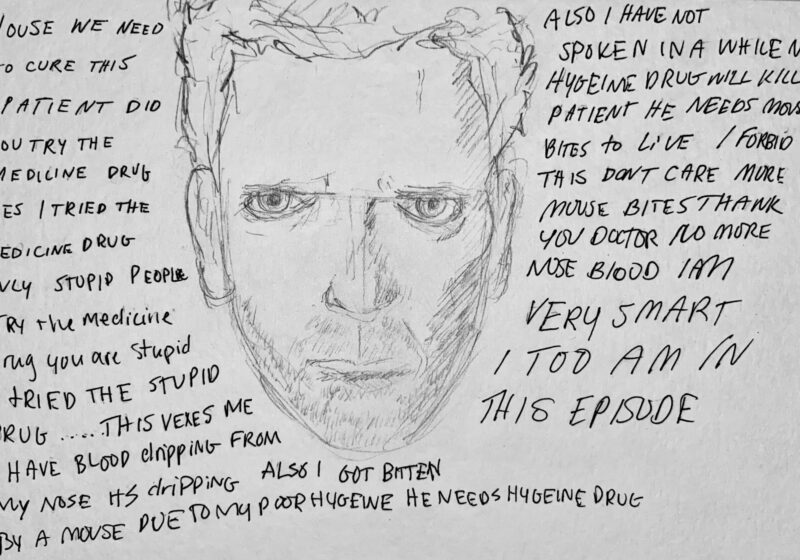(U-WIRE) PHILADELPHIA ? It is amazing how certain aspects of African-American history have been accepted by all of America, while other parts have been disregarded.
While talking with a friend of mine recently, he expressed his lack of knowledge of African-American history and his position why he has not sought to learn more, even though he is now in college.
He said it was because he was not taught much about African-Americans in grade school, other than some of their early history. All he knew, in fact, was that African-Americans were once the economic backbone of America ? as slaves and cotton pickers.
History lesson
Sadly, he went on to say, ?Who would want to identify with a history where all the people did was to pick cotton??
I was appalled, but I kept my cool during this conversation and gave him a quick lesson in African-American history.
?What about the Underground Railroad? Blacks on plantations would make quilts and hang them on their clotheslines for runaway slaves making their way north. The quilt would point them in the direction of freedom.
?Let us not forget Medgar Evers, the first field secretary of the National Association for the Advancement of Colored People, who was gunned down in front of his home,? I said.
?All of these people died not knowing you or me, but were willing to risk their lives for the fruits of equality and justice that you and I are beginning to enjoy.
?There are countless other African-Americans ? nameless, faceless people in history who died by lynching, in marches and by guns ? in the name of freedom and equality for all. But you choose to have selective knowledge because you don?t want to hear about cotton??
His response? ?I never really thought about it that way.?
Some of the most beautiful products of the lives and deaths of blacks throughout history are jazz music, the poetry of the Harlem Renaissance and rap music.
Redefinition
African-Americans created these venues as methods of expressing the hardships endured during the late 19th and early 20th centuries.
Many of these hardships were during the Reconstruction Era, when black slaves were trying to redefine themselves outside of slavery and faced ardent opposition from white America. Others died to have the same opportunity before the Civil War.
All of the positive aspects that arose from that era came at the price of hundreds, if not thousands of lives.
You can?t thank God for that gift without thanking him for the men who laid down their lives to give it to you.
America?s education system has managed to minimize the face of black people, using people like Malcolm X and Martin Luther King, Jr. as convenient examples of an entire race. By doing so, they obscure the rest of America?s history ? the part that includes black people ? by relegating all other African-Americans as nameless and faceless tools of economy.
Now that we are out of grade school, it is our responsibility ? white and blacks alike ? to educate ourselves about the people whose shoulders we stand on today.
Awareness
Everything has a past, and this is a past that is relevant to all of society. In order to move in a positive direction through life, we must be aware of our history.
As they say, ?If you don?t know where you?ve been, you won?t know where you are going.?
Think about it and educate yourself.




